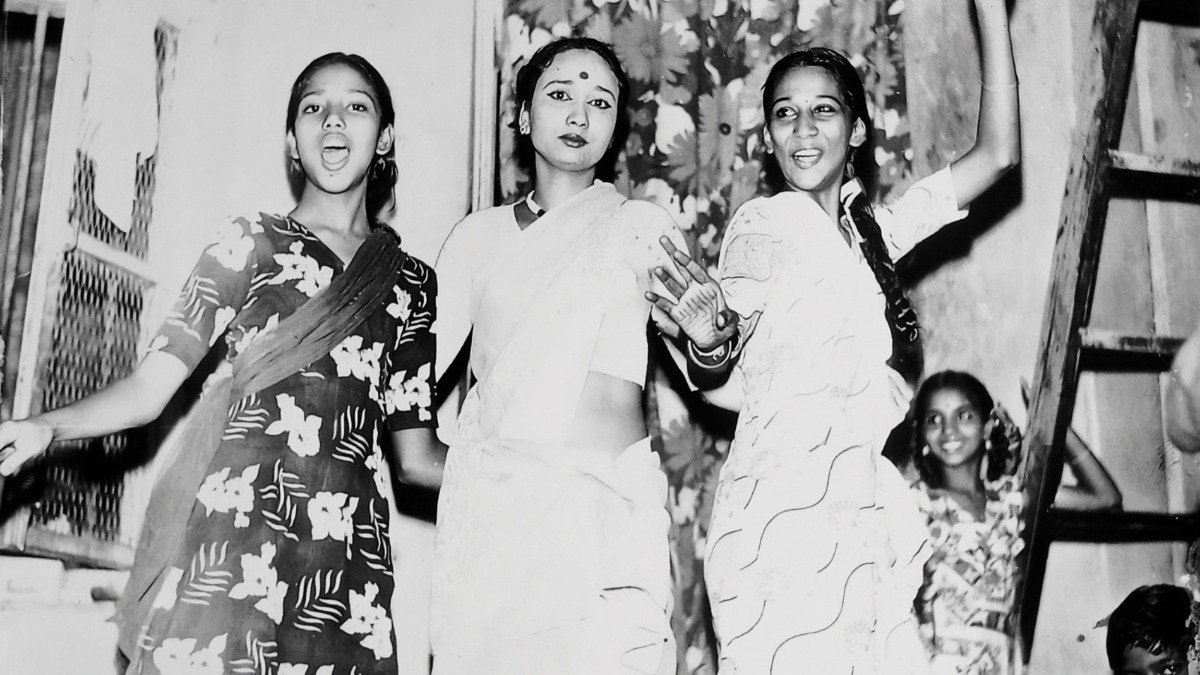How to co-parent your child after a divorce
You may not be a good ex-partner, but you surely can be a good parent.


A divorce may signify the end of your relationship with your spouse, but as they say—when one door closes, the other opens. What we’re talking about is the nurturing and care of the child (should there be one, or more) that comes into play. For parents, it’s co-parenting that takes precedence where they have to bury their differences and put their egos aside for the one thing that now still ties them together. It’s a task easier said than done, but there are a few things that you should do and not do that will give your child the stability, security, and the comfort they need and seek.
ALWAYS KEEP THE CHILD AT THE CENTER

As mentioned earlier, your marriage may be over, but your family isn’t. There could be a lot of reasons why the parents don’t see eye-to-eye. For example, one parent is trying to be a good parent while the other has ego problems and has different ways of looking after the kid. There is a clash and a difference of opinion. When you’re not on the same page, these things get aggravated as you’re not together anymore. While you don’t see things clearly anymore and don’t respect the other person, you got to do it for the sake of the child.
This is why, it goes without saying that the very step to being a mature and responsible co-parent is putting the child at the centre. This requires immense commitment to putting the child’s needs first and maintaining open lines of communication—even at the cost of putting your needs on the back seat.
ACCEPT WHAT’S HAPPENED AND SET ASIDE ANY NEGATIVE FEELINGS

One of the main psychological aspects that one could look out for is acceptance. What we mean by this is both parties acknowledging the fact that the divorce has taken place and the focus, moving forward, is now the child’s well-being. The second most important thing is emotional regulation. This means to have healthy coping mechanisms in place to manage your own emotions (parents) and to avoid letting your unresolved conflict and interactions with your former spouse affect your child. Setting aside such strong feelings sure sounds tough, but if you’ve got to make co-parenting work, you just have to do it.
AND ENSURE THAT YOUR BEHAVIOUR REFLECTS IT
Sometimes, parents tend to use very derogatory terms about who they were once married to. These are things that one needs to look out for. Never air your differences in front of your child. If you have a difference of opinion, you have to come to a middle ground when it comes to co-parenting. Apart from that, no bad-mouthing the former partner in front of the child or asking them to pick a child. Your child has a right to a relationship with their other parent that is free of your influence.
Another thing is empathy, to understand the ex-spouse’s perspective and understand their role in the child’s life. The absence of a parent is a big one, and their contribution is important. Lastly, we must talk about boundaries—avoiding conflict and involving the child in adult issues. The child need not be a part of the fights, or court procedures.
WHAT CAN PARENTS DO?

What parents can do is implement parallel parenting strategies because direct communication is difficult. It involves minimising direct contact and making decisions independently while focusing on the child’s needs. There are online tools and apps where you can have a shared calendar, and make a proper plan for the child. One way to go about things is approaching the relationship with your ex as a business partnership where the ‘business’ is your child’s well-being. All you have to do is plan and speak to them cordially and respectfully.
This is why co-parenting is more of a cooperative effort than a team effort. It’s working with each other and not for each other. Having a positive co-parenting attitude is also very important. Not making negative remarks or venting out your frustrations, having some form of consistency when the child is with both parents—the same eating and sleeping time for example. The two parents must act as people who help the child realise and understand that he has two anchors to bank on. If not, the child gets messed up and will carry the trauma forward. They then become the adult as their childhood is lost and gone.
Long story short, it can be tough to co-parent through such a traumatic experience that’s filled with negative emotions. But the good thing is that it’s completely possible to do so. Just maintain boundaries, keep the lines of communication open, and being consistent is the way to go.
Inputs by Sherene Aftab, founder of Serene Hour Counselling & Career Advice Consultancy, and Mehezabin Dordi, clinical psychologist, Sir H N Reliance Foundation Hospital, Mumbai










